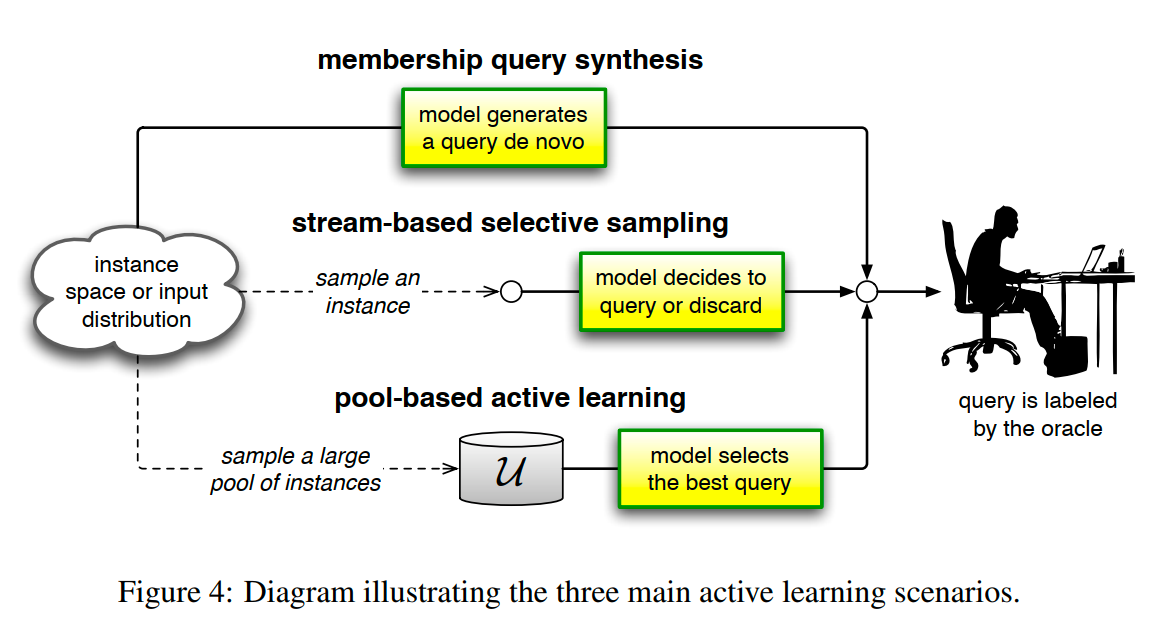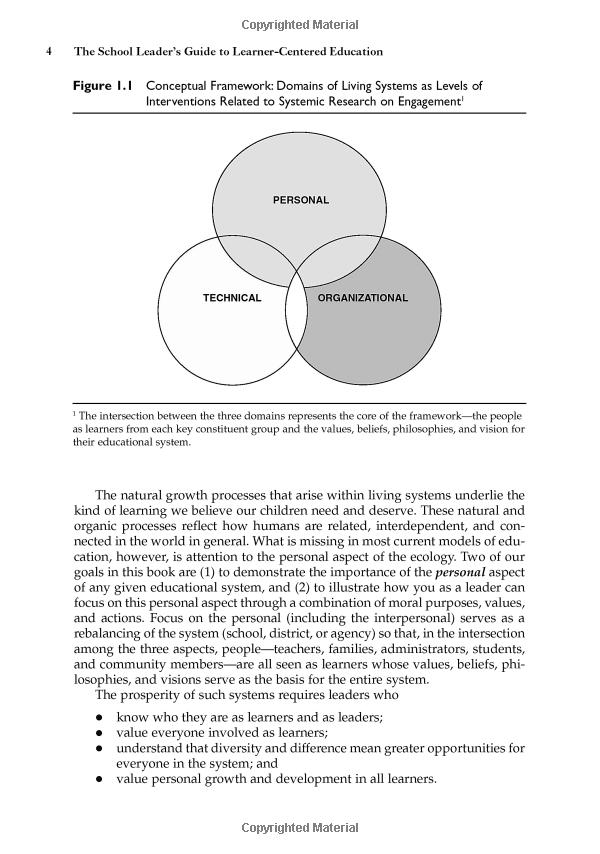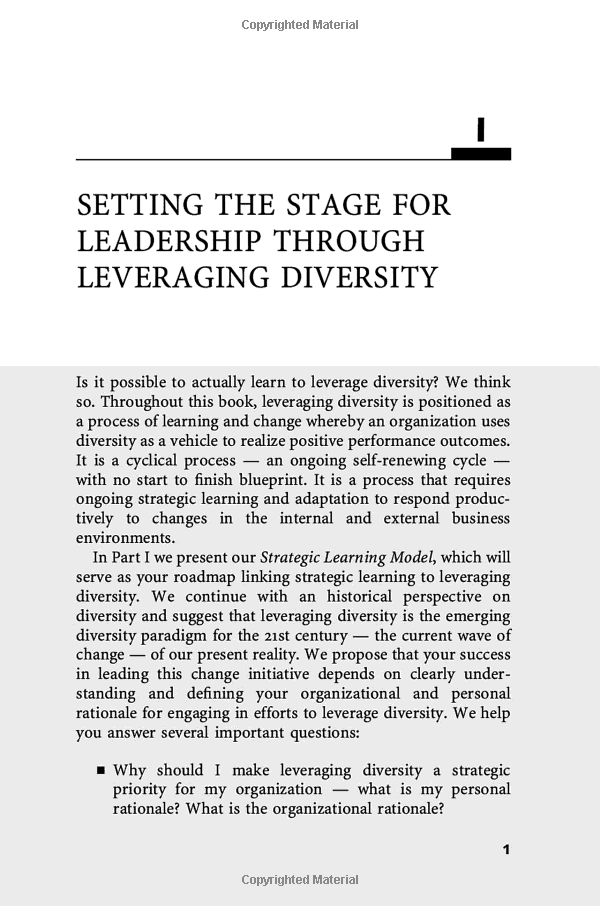Understanding the Differences Between Lent vs Loaned: A Comprehensive Guide
#### Lent vs Loaned: An In-Depth AnalysisWhen it comes to the English language, nuances in meaning can often lead to confusion, especially with verbs that s……
#### Lent vs Loaned: An In-Depth Analysis
When it comes to the English language, nuances in meaning can often lead to confusion, especially with verbs that sound similar but have different implications. One such pair is **lent** and **loaned**. Both terms relate to the act of giving something temporarily, but they are used in different contexts and carry different connotations. This article aims to clarify the distinctions between **lent** and **loaned**, providing examples and insights to enhance your understanding.
#### The Meaning of Lent
The term **lent** is the past tense of the verb **lend**, which means to give something to someone with the expectation that it will be returned. This word is typically used in informal contexts and is often associated with personal relationships. For instance, if you **lent** a book to a friend, you expect that friend to return the book to you after they have finished reading it. The emphasis here is on the personal connection and trust involved in the act of lending.

#### The Meaning of Loaned
On the other hand, **loaned** is the past tense of the verb **loan**, which is more formal and is often used in financial contexts. When you say that someone **loaned** you money, it implies a more structured agreement, often involving terms such as interest rates and repayment schedules. The term is commonly used in banking and finance, where loans are formalized through contracts. For example, a bank may **loan** you a specific amount of money for a mortgage, and you are legally obligated to repay that amount over time.
#### Key Differences
The primary difference between **lent** and **loaned** lies in their usage and context. While both terms involve the transfer of something temporarily, **lent** is more personal and informal, whereas **loaned** carries a formal tone, often associated with financial transactions.

1. **Context**: Use **lent** in casual conversations (e.g., "I **lent** her my jacket"). Use **loaned** in formal situations (e.g., "The bank **loaned** me money for my car").
2. **Expectation of Return**: With **lent**, there is an implicit expectation of return based on trust. In contrast, **loaned** implies a contractual obligation, where terms are clearly defined.
3. **Formality**: **Loaned** is often used in legal and financial documents, while **lent** is more suited for everyday conversations.
#### Conclusion

In summary, understanding the differences between **lent** and **loaned** is crucial for effective communication in English. While both terms involve the act of giving something temporarily, they differ significantly in context, expectation of return, and formality. By recognizing these distinctions, you can enhance your language skills and use these terms appropriately in various situations. Whether you're discussing a casual favor among friends or a formal financial agreement, knowing when to use **lent** and **loaned** will help you convey your message more clearly.